School districts across the country are imposing strict new guidelines that ban private conversations between teachers and their students on cellphones and online platforms.
Most Use Social Media Appropriately
School administrators acknowledge that the vast majority of teachers use social media appropriately. But they also say they are increasingly finding compelling reasons to limit teacher-student contact.
12 States Have Updated Social Media Policies
School boards in California, Florida, Georgia, Illinois, Maryland, Michigan, Missouri, New Jersey, Ohio, Pennsylvania, Texas and Virginia have updated or are revising their social media policies this fall.
A Middle Ground
“My concern is that it makes it very easy for teachers to form intimate and boundary-crossing relationships with students,” said Charol Shakeshaft, chairwoman of the Department of Educational Leadership at Virginia Commonwealth University, who has studied sexual misconduct by teachers for 15 years. “I am all for using this technology. Some school districts have tried to ban it entirely. I am against that. But I think there’s a middle ground that would allow teachers to take advantage of the electronic technology and keep kids safe.”
Teacher Perspective
“I think the reason why I use social media is the same reason everyone else uses it: it works,” said Jennifer Pust, head of the English department at Santa Monica High School, where a nonfraternization policy governs both online and offline relationships with students. “I am glad that it is not more restrictive. I understand we need to keep kids safe. I think that we would do more good keeping kids safe by teaching them how to use these tools and navigate this online world rather than locking it down and pretending that it is not in our realm.”
Nicholas Provenzano, 32, who has been teaching English for 10 years at Grosse Point High School in Michigan, acknowledged that “all of us using social media in a positive way with kids have to take 15 steps back whenever there is an incident.” But he said the benefits were many and that he communicated regularly with his students in an open forum, mostly through Twitter, responding to their questions about assignments. He has even shared a photo of his 6-month-old son. On occasion, he said, he will exchange private messages about an assignment or school-related task. He said that in addition to modeling best practices on social media use, he has been able to engage some students on Twitter who would not raise their hand in class.
He also said social media networks allowed him to collaborate on projects in other parts of the country. Facebook offers guidance for teachers and recommends they communicate on a public page.






 Your new post is loading...
Your new post is loading...
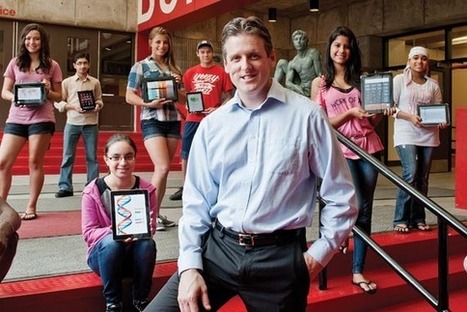

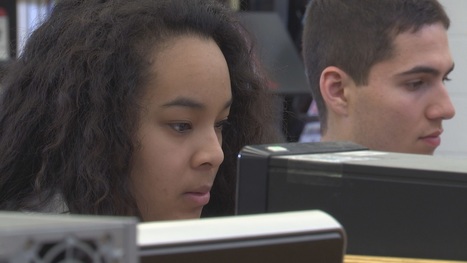
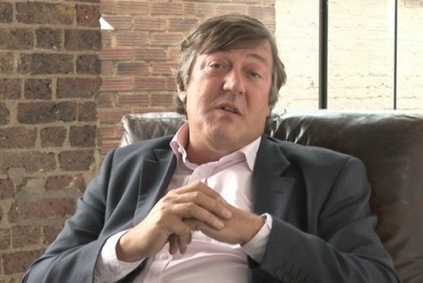
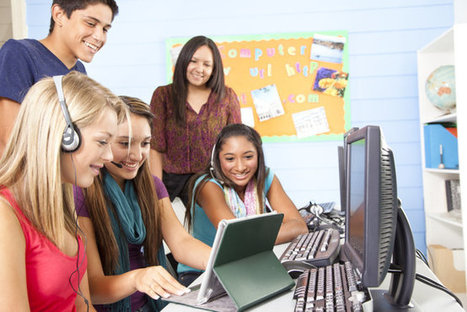


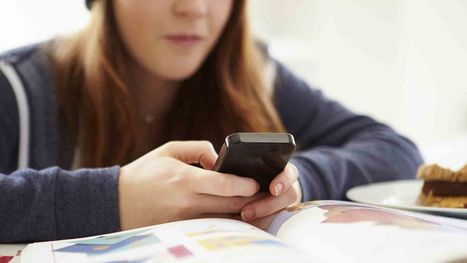
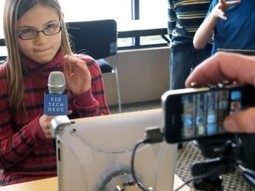
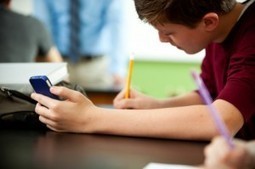




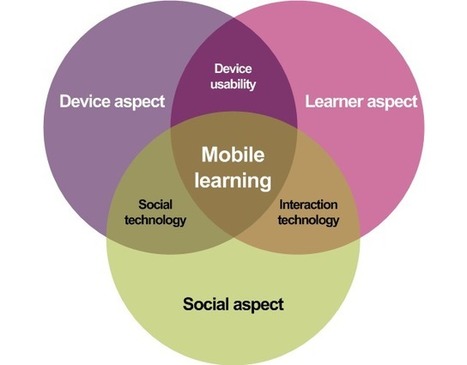
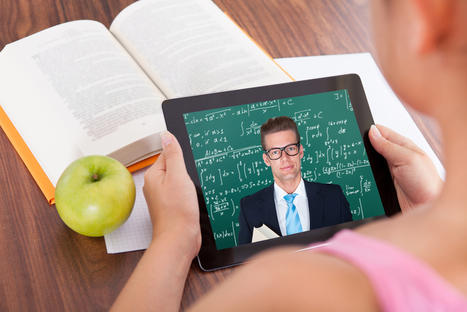
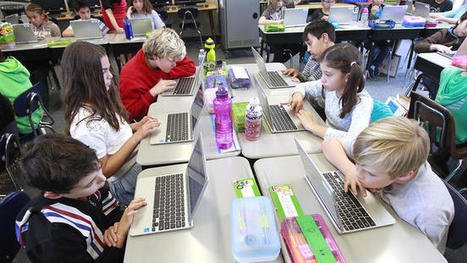
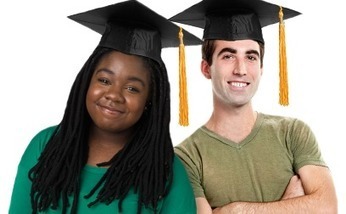

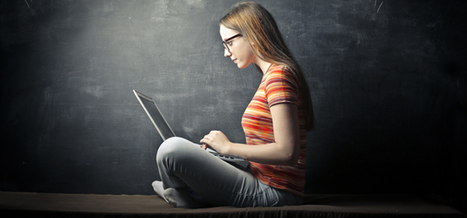

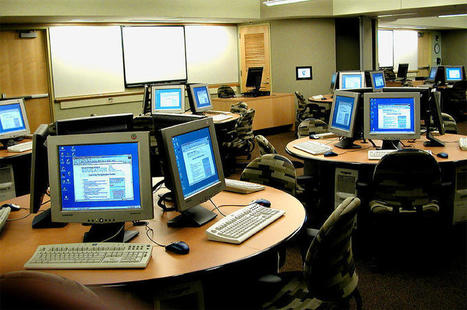
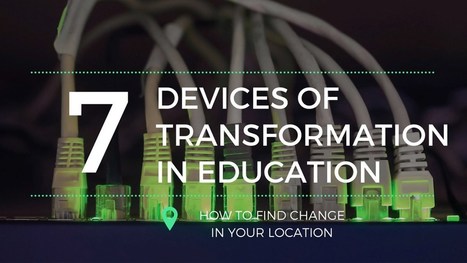
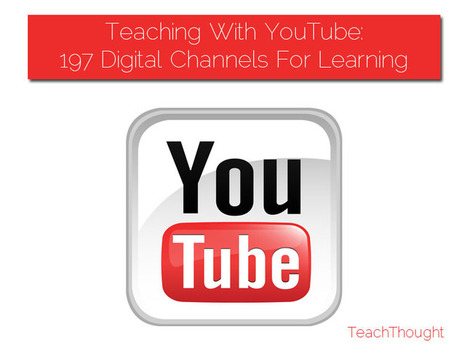



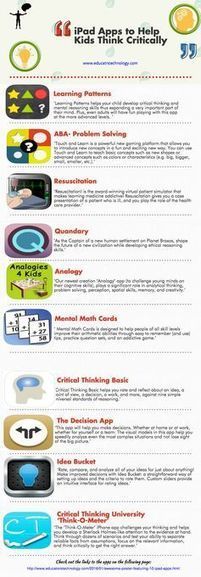

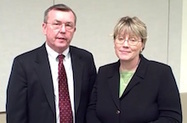







I cannot even believe there needs to be guidelines in place about this. Seriously- as adults who have vowed to be moral and professional educators, how can you cross this line? I get that we are human but there is just knowing right from wrong. If social media is a tool you decide to use in your classroom, you had better make it's use solely for the purpose of education. That means have separate personal accounts and do not accept friend requests from students on facebook or on twitter or another media source that is part of your private life. And just as we teach students how to safely use the Internet, perhaps we might try being somewhat reserved in the information we share and publicize with the world.